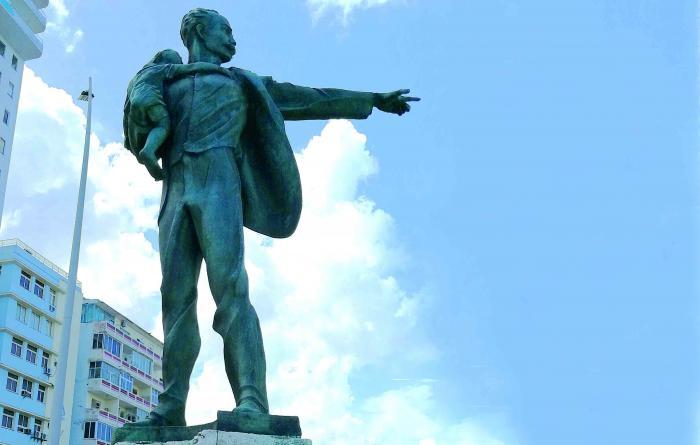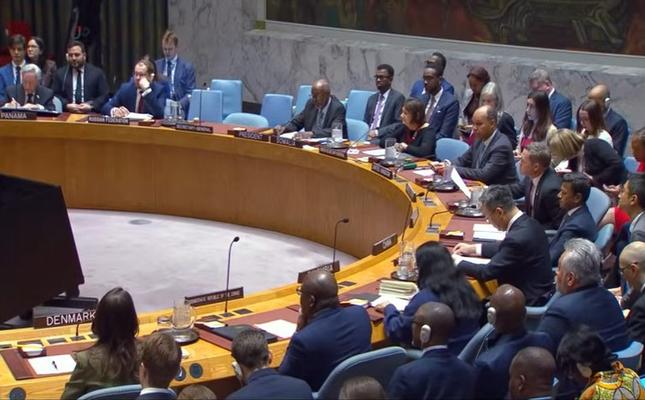Santo Domingo’s Las Américas International Airport (AILA) implemented comprehensive security measures on Tuesday after receiving a credible threat against Copa Airlines flight CM299. The airport administration, in collaboration with the Specialized Airport and Civil Aviation Security Corps (CESAC), executed a coordinated emergency response following established safety protocols designed to safeguard passengers, aviation personnel, and ground crew.
As a precautionary measure, airport authorities temporarily diverted two incoming flights: JetBlue 590 was redirected to Cibao International Airport in Santiago while United Airlines flight 2404 was instructed to land at Punta Cana International Airport. The swift implementation of security procedures ensured that overall airport operations continued without significant disruption beyond these temporary diversions.
Official sources confirmed that normal operations resumed promptly following the security sweep, with both diverted flights expected to return to AILA once authorities cleared the situation. CESAC, as the lead investigative agency, has assumed responsibility for all aspects of the threat assessment and will provide further details regarding the incident as the investigation progresses. The incident demonstrated the effectiveness of the Dominican Republic’s aviation security infrastructure in responding to potential threats while minimizing operational impact.









